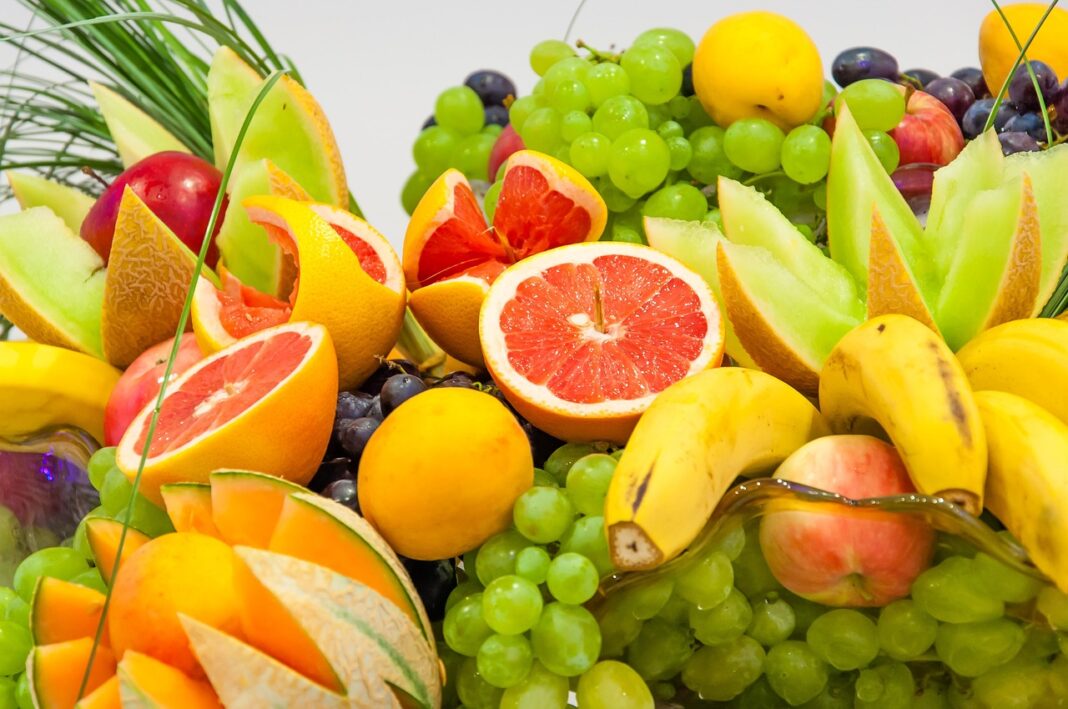The Art of Healthy Snacking: A Guide to Fueling Your Body Effectively
- Introduction*
In today’s fast-paced world, snacking has become an essential part of our daily routine. While snacks can provide energy and essential nutrients, it’s crucial to make healthy choices that support our overall well-being. This guide will explore the principles of healthy snacking, providing practical tips and insights to help you fuel your body effectively.
Planning for Healthy Snacking
Establish Regular Snack Times
- Set specific times throughout the day to snack, avoiding grazing or overeating.
- Time your snacks to prevent hunger crashes and energy dips.
Choose Nutrient-Rich Foods
- Opt for snacks that provide a balance of macronutrients, including protein, carbohydrates, and healthy fats.
- Whole fruits, vegetables, nuts, seeds, and lean protein sources are excellent choices.
Benefits of Healthy Snacking
Boosts Metabolism and Energy Levels
- Regular snacks help maintain blood sugar levels, preventing energy crashes.
- Protein-rich snacks, such as Greek yogurt, contribute to satiety and sustained energy.
Supports Brain Function and Focus
- Snacks rich in carbohydrates and healthy fats, like whole-grain toast with peanut butter, provide fuel for cognitive function.
- Omega-3 fatty acids, found in fish and avocados, are crucial for brain health.
Improves Overall Health
- Nutrient-dense snacks support immune function and reduce the risk of chronic diseases.
- Fruits and vegetables are excellent sources of vitamins, minerals, and antioxidants.
- Fiber-rich snacks, such as oatmeal or whole-wheat crackers, aid digestion and promote regularity.
Practical Tips for Healthy Snacking
Be Mindful and Intentional
- Pay attention to your hunger cues and snack only when genuinely hungry.
- Avoid mindless snacking in front of the TV or while distracted.
Limit Processed Foods
- Highly processed snacks often contain added sugars, unhealthy fats, and artificial ingredients.
- Prioritize whole, unprocessed foods for optimal nutritional value.
Control Portion Sizes
- Determine appropriate portion sizes to prevent overeating.
- Use smaller plates or bowls for snacks and avoid overfilling them.
- Pack your snacks in individual servings to avoid temptation.
Stay Hydrated
- Drink plenty of water throughout the day, especially before and after snacks.
- Hydration helps curb hunger and prevents overeating.
Conclusion
Healthy snacking is an integral part of a balanced diet. By planning your snacks, choosing nutrient-rich foods, and following practical tips, you can fuel your body effectively and support your overall health and well-being. Remember, snacks are not a substitute for regular meals but rather a way to provide sustained energy and essential nutrients throughout the day. By making informed choices, you can enjoy guilt-free snacks that nourish your body and mind.


